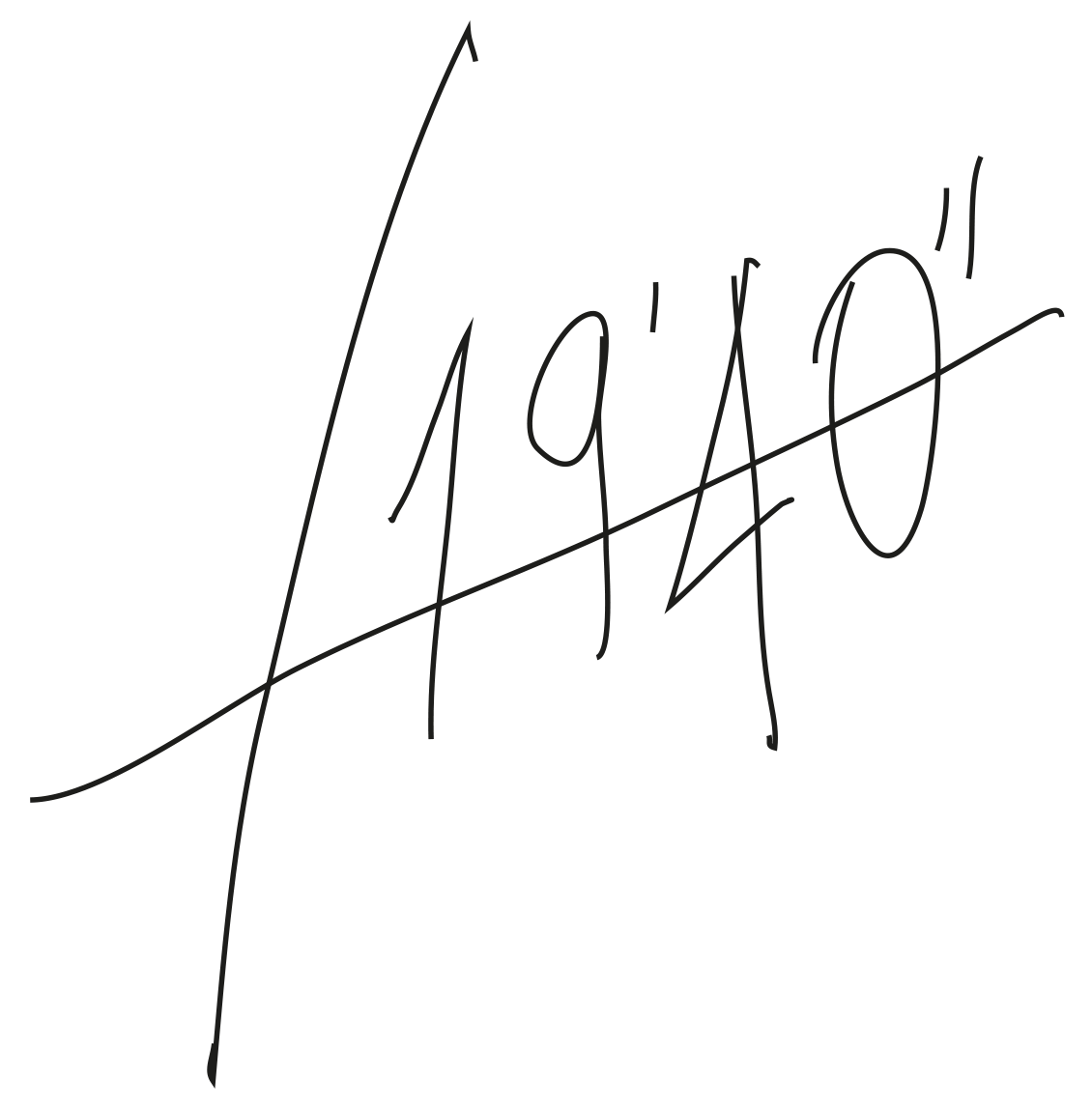La copertina di Der maurer volume 2
Siamo lieti di annunciare l'uscita del nuovo CD, "19m40s_26 Der Maurer vol. 2” già disponibile dal 26 aprile 2025.
Questo è un secondo capitolo che segue 16 anni di distanza da Der Maurer vol. 1. Si tratta di un disco che raccoglie musica di Enrico Gabrielli, scritta su carta ed eseguita da vari ensemble e formazioni: da I Virtuosi della Scala, all’ensemble di musica contemporanea degli studenti del Conservatorio di Milano, dal duo LOLA alla collaborazione stretta e pluriennale con Sebastiano De Gennaro, da Milano Classica all’ensemble Fiato Moderno del Conservatorio di Cagliari.
Enrico in Auditorium a Milano durante le prove del Concerto per Viola di Francesco Filidei
Questo disco è una lente di ingrandimento sul pensiero di Gabrielli compositore tout-court che esplora 26 anni di rapporto con la scrittura di “musica d’arte” e lo fa usando lo pseudonimo di Der Maurer.
Nel booklet del disco. Enrico stesso racconta la sua storia a partire dagli anni “tra il 1996 e il 1999, anni lontani in una Milano piena di smog, di cabine del telefono pubbliche e di salvifici discount Pracchi”. Ormai, alla soglia dei 49 anni, la sua vita musicale ha incrociato il cammino di molti musicisti di aree estremamente diverse. In questa storia, oltre a raccontare dei suoi maestri (più o meno di lunga durata), quali Danilo Lorenzini, Salvatore Sciarrino e Alessandro Solbiati, disserta a modo suo sul crollo delle grandi ideologie compositive post strutturaliste e “post-in-generale”. Racconta di come, facendo un tempo il triste clarinettista a cottimo, conobbe e lavorò con Gustav Kuhn e fondò il primo ensemble di musica contemporanea del Conservatorio con Tito Ceccherini e
Alfonso Alberti. E narra anche di quando andò a Losanna nel 1997 con la Compagnia Carlo Colla e Figli, di Niccolò Castiglioni vagante e dinoccolato per i corridoi bui dell’istituto, dei giovanissimi e scintillanti Francesco Filidei (presente “Il nome della Rosa” in scena lo scorso aprile al Teatro alla
Scala?), Mauro Lanza e Carlo Carcano a Città di Castello nel 1995, di Giovanni Allevi compagno di classe per tre mesi e di come Filippo Del Corno di poco più grande di lui, gli fece conoscere la musica di Ian McMillan. Prima di passare al lato oscuro della forza e divenire un musicista di popular music, Enrico frequentò le lezioni di Paolo Castaldi, di Bruno Bettinelli e di Marco Tutino e fu anche lui un testimone della musica colta a Milano. Se avesse insistito in quella direzione, forse, avrebbe intrapreso la carriera di compositore. Ma per ragioni contingenti, visse in prima persona (con le dovute distinzioni del caso) un senso di inadeguatezza simile a quello di Ennio Morricone nei confronti di Goffredo Petrassi e della musica, a sua detta “pura”.
Enrico Gabrielli durante Cartoon Music a BIKO Milano
“Il pre da un lato e il post dall’altro” continua Gabrielli “senza mai trovare un centro di gravità permanente. Nell’attitudine speculativa restai completamente autodidatta e inventai i miei schemi e le mie formule. Partorii così le mie idiosincrasie, che in fin dei conti sono il perno dello stile di un compositore. E con quelle sono arrivato sino ad oggi.”
Però se avesse fatto il compositore con la C maiuscola non ci sarebbero stati i Mariposa, i Calibro 35, i The Winstons, i dischi con PJ Harvey, con i Muse, con i Baustelle, l’incontro con Daevid Allen, con Damo Suzuki, con Mike Patton, con Iggy Pop e soprattutto non sarebbe nata la collana 19’40’’ grazie alla quale questo disco è uscito. Quindi tutto sommato è andata bene così.




























